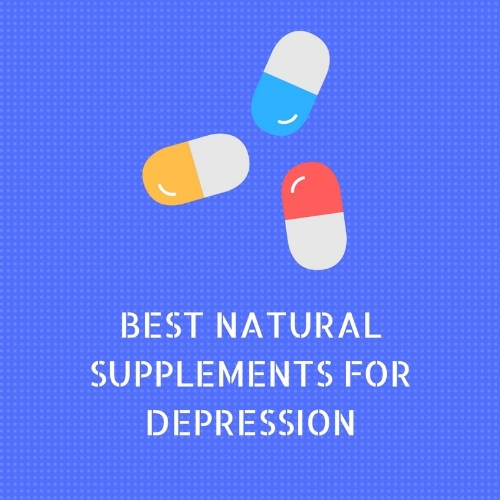What is Mould Illness?
/The Body Fabulous Functional Medicine team are specialists in supporting patients clear mycotoxins. Have you been exposed to mould and now feeling unwell? Chronic undiagnosed illnesses can sometimes be tracked back to mould exposure, often found in your own home or workplace. Toxic mould exposure is connected to long-term symptoms such as allergies, histamine issues, fatigue, skin rashes, insomnia, memory loss, trouble concentrating and confusion. Mould illness can be the underlying trigger to depression and anxiety and can even lead to muscle cramps, numbness in extremities, light sensitivity and hair loss. Once you have identified if you have a mould illness it is important to eliminate the mould from your environment and treat yourself to clear the mould from your system with a detoxification protocol.
Buy Mycotoxin Mould Test HERE
Buy EnviroTox Complete Test for Mould, Chemical and Environmental Toxins HERE
Fungi are able to grow on almost any surface, especially if the environment is warm and wet. Inner wall materials of buildings, wall paper, fiber glass insulation, ceiling tiles, and gypsum support are all good surfaces for fungi to colonise. These fungi then release mycotoxins into the environment causing symptoms of many different chronic diseases.
There are thousands of types of mould but we test for toxigenic moulds. As the name implies, these molds produce mycotoxins that can cause serious health effects. The toxic chemicals found in these types of moulds can be absorbed into the body when one inhales them, eats them, or even touches them.
Many people suffering from mould illness struggle to get a proper diagnosis and investigation.
It’s common to think “my house is clean” it can’t be mould. However, mould comes in many forms and some are not visible to the naked eye.
For most people, toxins get flushed out from the body when eliminating waste.
For some though, the toxic load is so high that it’s too much for the body to eliminate them all efficiently. For others, they may have poor detoxification processes or they may even recycle or reabsorb these mycotoxins back, as the body tries to eliminate them. Genetics plays a huge role in this difference from person to person.
For further support on mould illness please email info@mybodyfabulous.co.uk






























